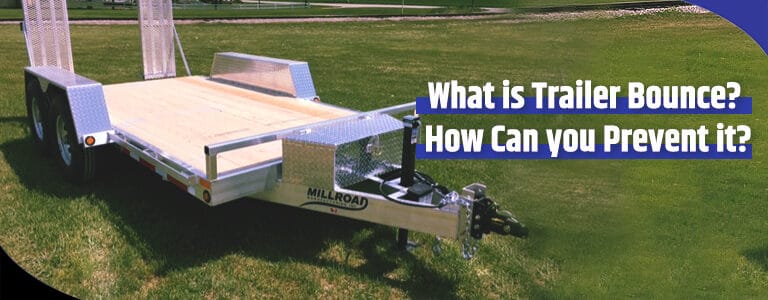
June 16, 2023 Last updated on June 16, 2023 by Bob Fisher Bob Fisher Trailers
Towing a trailer takes planning, patience and attention to safety, whether it is loaded or empty. While many factors can cause problems when towing, one of the biggest concerns is trailer bounce. If you’ve ever tried to pull an aluminum landscape trailer, you likely have encountered this issue. Read more to learn about what trailer bounce is, where it comes from, the danger it holds, and how to stop trailer bounce.
It only takes one time to experience this phenomenon to recognize it. When a trailer being towed seems to sail through the air briefly before landing back on its wheels, that is trailer bounce. Depending on the weight of the trailer and the weight of your load, it can happen only occasionally when you hit a bump, or it can continue repeatedly as you drive down the road. At a minimum, it is unsettling, but it can potentially cause damage to the trailer, the joint or the items in the load.
Numerous factors can cause trailer bounce, including:
All parts of a towing system must be working together to keep the tires on the pavement and ensure a smooth ride.
If you value what you are towing, you want to minimize damage to the load. Trailer bounce is dangerous because:
There are a few steps you can take to increase the safety and comfort of your ride when towing. Familiarizing yourself with your trailer and understanding the importance of weight distribution are essential steps to ensure an incident-free towing experience.
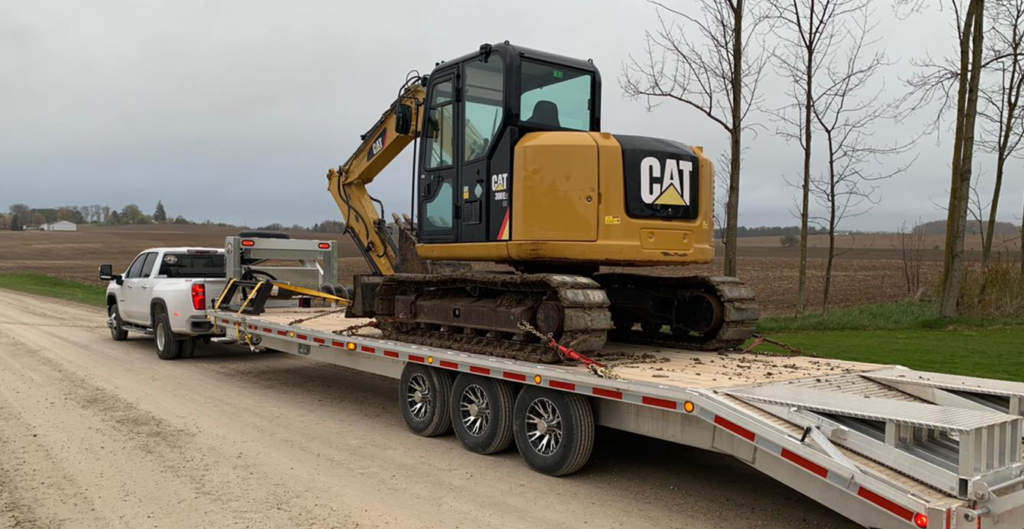
How you load your trailer can materially affect the ease of towing. Improper load distribution can cause bouncing and swaying, potentially leading to difficulty controlling the vehicle. Generally, 60% of the load weight should be toward the front of the trailer. However, you must make sure that the tongue weight does not exceed 10-15% of your gross trailer weight.
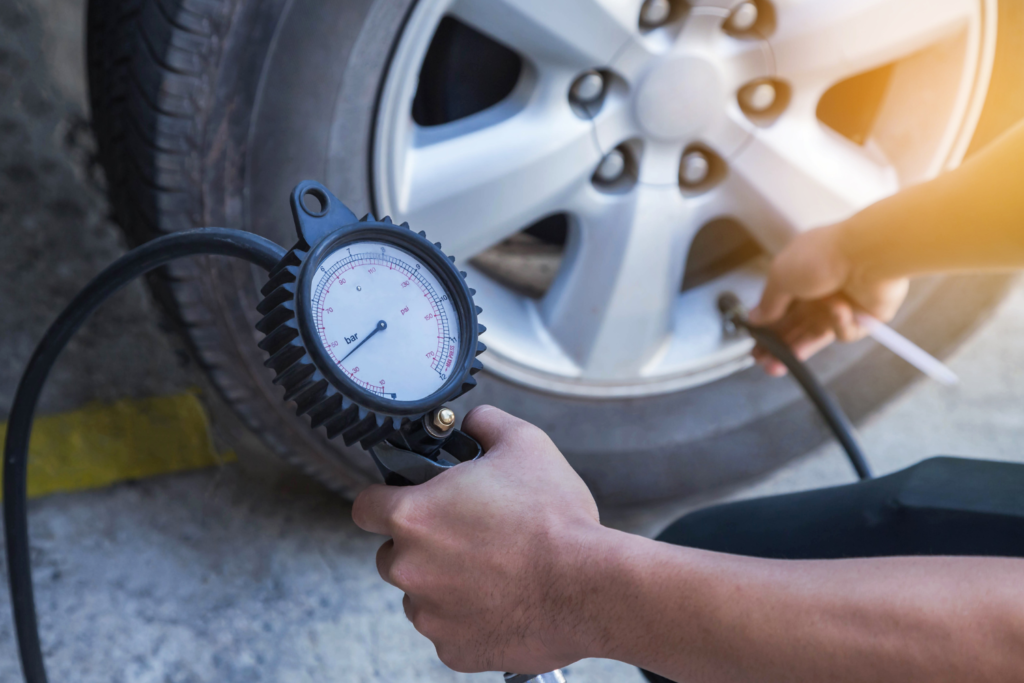
Lowering tire pressure can make for a smoother ride. A general rule of thumb is to reduce your pressure by half to tow an empty trailer. However, the pounds per square inch needed are dependent on the tire size, trailer weight and whether the tire is a vehicle or trailer tire. Full tire inflation is usually required for a full load.
Every trailer has a suspension rating. For a smooth ride, make sure that your gross trailer weight exceeds that number. Gross trailer weight is the total of the load added to the trailer weight. As long as the weight of the unloaded trailer exceeds the suspension rating, the trailer will compress the springs, keeping it balanced and reducing the amount of rebound.
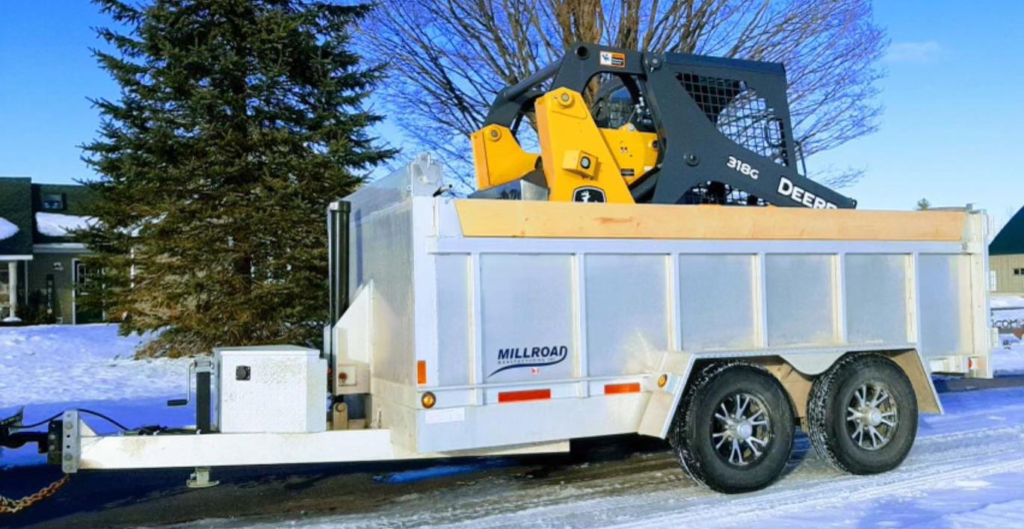
A weight distribution hitch can help to distribute the weight of the trailer more evenly, which can help to prevent bounce. Here are some additional benefits of using a weight distribution hitch:
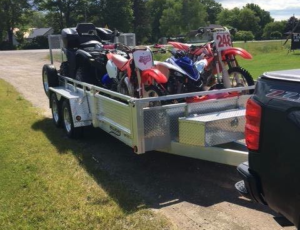
When you are towing a trailer, it is important to drive smoothly. Avoid sudden braking, acceleration, and turns. This is especially important during adverse weather, or if there are high winds. Take extra precautions when driving through rain, wind, sleet and snow. Road surfaces can impact trailer bounce, but alert and adept driving can minimize these effects.
Make sure that the trailer is in good condition and that all of the components are working properly. Look extra closely at any component that is rusted, corroded, loose, or damaged. Also, inspect:
Millroad aluminum trailers are known for their durability, lightweight composition and ease of use. Here are some unique selling points:
At Millroad Manufacturing, we use Torflex axles on our custom aluminum trailers to ensure a smooth ride. The rubber ride suspension system provides a cushion for the tow, virtually eliminating trailer bounce. We take great pride in building the highest quality trailers to ensure our customers have a safe and comfortable tow every time. Contact us today to learn more about how we can retrofit your trailer to reduce trailer bounce or set you up with a brand-new one.